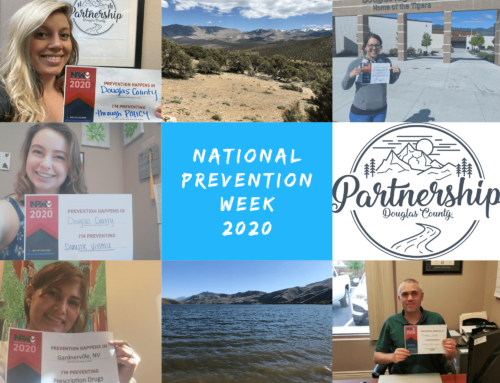Need help feeling better after you spring forward?
If you get a case of the Mondays following daylight saving time, there may actually be medical evidence for it.
Not only are we losing an hour of sleep by springing forward, but our circadian rhythm — aka our internal clock — gets out of whack, which may cause us to feel off.
Plenty of us feel a very real sense of “blah” following the time change.
Dr. Jay Puangco, a neurologist specializing in sleep medicine at the Pickup Family Neurosciences Institute at Hoag Memorial Hospital Presbyterian in Newport Beach, Calif., says it’s important not to underestimate the importance of sleep, and that the brain needs a little prep time to get used to the new schedule.
“Poor sleep can lead to craving for high-calorie foods, unhealthy snacking and fast food,” he said. “There is less desire to exercise. This combination can lead to poor judgment, decreased productivity and irritability. Chronic sleep deprivation can lead to a cascade of physical illnesses as common as a cold and as severe as diabetes or heart failure.”
But not everyone is affected the same way, or even at all.
“Because we lose one hour of sleep, there is a possibility of feeling tired because of this change,” said Dr. Robert Segal, a cardiologist and co-founder of Labfinder.com in New York. “For some, it might not mean much. But for others, it can cause harm – such as an increased risk of heart attack, workplace injuries due to lack of sleep, or even traffic accidents. Hospitals even noted that the number of stroke hospitalizations increase.”
Learn more from Healthline here including more information about cardiac risks and how to feel better.







